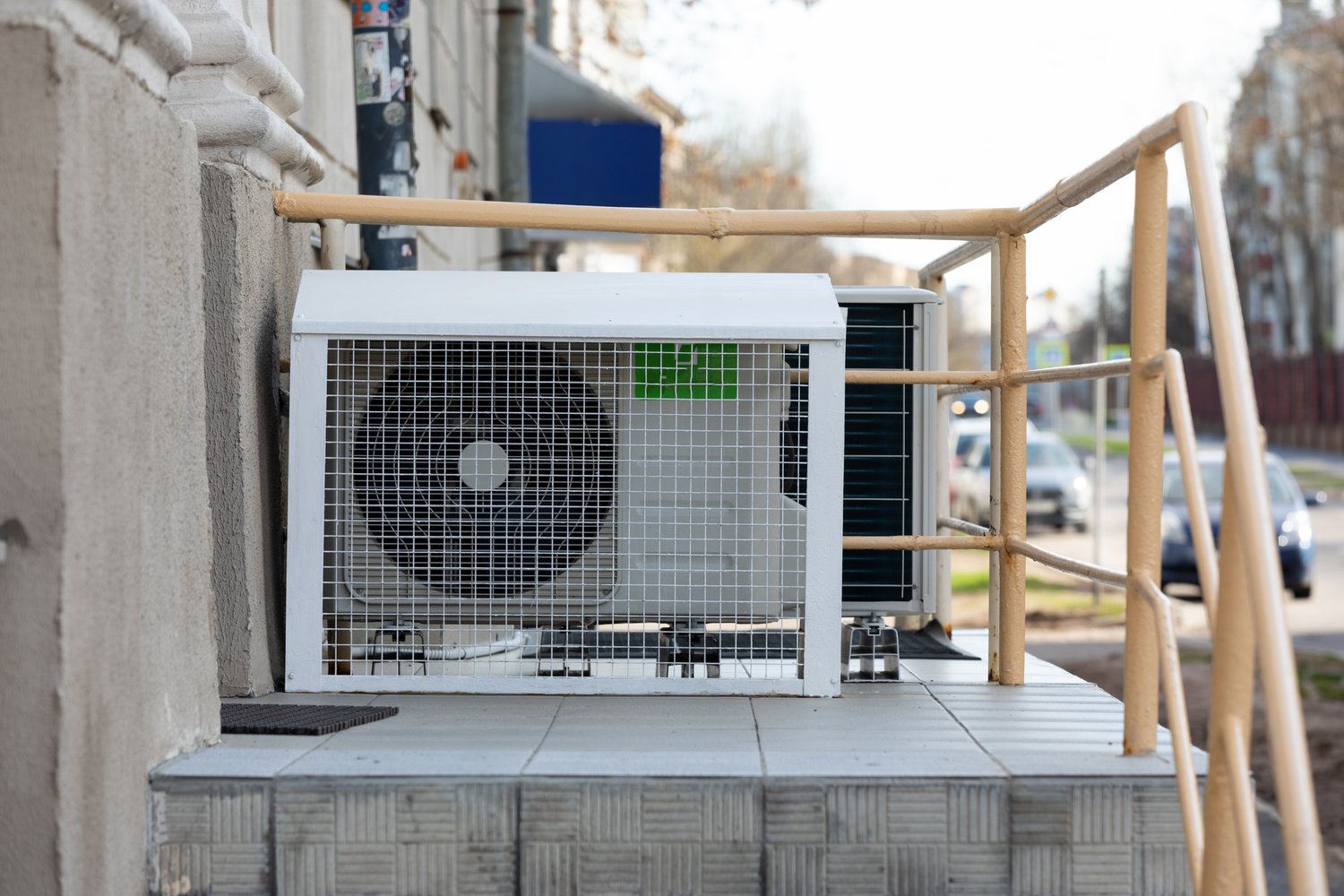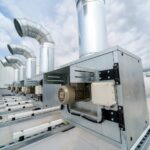Your heat pump should be your home’s unsung hero in the ebb and flow of seasonal temperatures, offering warmth in the winter chill and cool relief during summer’s peak. But what happens when this reliable guardian stumbles, running erratically or failing to maintain comfort? The answer lies in understanding the factors that compromise its stability, as heat pump instability is more common than you might think and can seriously affect your home’s energy efficiency.
- Discover how electrical issues like power fluctuations or incorrect voltage can disrupt your heat pump’s performance.
- Learn about seven common causes of instability in heat pumps and identify which might be affecting your installation.
- Explore straightforward, actionable solutions that can bring harmony back to your home’s climate control system.
- Uncover the benefits of integrating smart technology and regular preventive maintenance to maintain peak performance.
By diving into these insights, you’ll not only identify why your heat pump might be acting up but also empower yourself with the tools and knowledge to restore its reliable service. Whether you’re handling minor fixes yourself or deciding when to call in a professional like Peter, this article will serve as your guide to a stable and efficient heat pump system.
Understanding Heat Pump Instability: Why Is My Heat Pump Running Unstable? 7 Common Causes & Easy Solutions
Heat pumps are indispensable devices for maintaining comfort and energy efficiency in your home. However, their optimal performance can be disrupted by various factors. Understanding the root causes of heat pump instability is essential for ensuring effective heating and cooling.
Often, homeowners encounter issues where their heat pump doesn’t operate as expected. This can manifest as inconsistent temperature control, unexpected shutdowns, or excessive noise. Identifying these problems early is key to maintaining your system’s integrity and preventing costly repairs.
There are several common reasons why your heat pump might run unstable. These include:
- Electrical issues, which can emerge from complications such as power fluctuations or incorrect voltage settings.
- Refrigerant leaks that affect the cooling process within the system.
- Dirty air filters, which can restrict airflow and stress the system.
- Thermostat malfunctions, leading to inaccurate temperature readings.
- Blocked air vents affecting efficient air distribution.
- Outdoor unit obstructions influencing heat exchange.
- Lack of regular maintenance hindering overall performance.
By becoming familiar with these factors, homeowners can take proactive steps to curb heat pump problems. Understanding these causes not only aids in troubleshooting but also emphasizes the importance of regular system checks and professional maintenance.
Electrical Issues and Their Impact on Heat Pump Performance
Electrical problems are among the most common culprits when addressing the question: Why is my heat pump running unstable? The reliability of your heat pump hinges significantly on a stable and correct electrical supply.
Power fluctuations can significantly disrupt the operation of your heat pump. Sudden spikes or drops in electricity can force your heat pump to work harder than necessary, leading to wear and tear over time. Moreover, faulty wiring presents safety hazards and can damage the internal components of your system, leading to intermittent shutdowns or failures.
Another critical consideration is the voltage supplied to your heat pump. Incorrect voltage settings can cause inefficiencies and may even trigger more severe mechanical failures. Ensuring that the voltage level aligns with manufacturer specifications is crucial for prolonged and effective heat pump function.
Mitigating these electrical issues involves performing regular inspections and employing preventive measures, such as surge protectors and ensuring that all electrical connections comply with safety standards. If electrical complications persist, consulting with a certified electrician can provide tailored solutions to maintain heat pump stability.
Practical Solutions to Address Why Is My Heat Pump Running Unstable? 7 Common Causes & Easy Solutions
Addressing the instability of a heat pump is crucial for maintaining an efficient and reliable heating system. To mitigate performance issues, implementing practical solutions is key. Below are some approaches that homeowners can adopt to enhance their heat pump’s stability and performance.
Preventative Maintenance
Engaging in regular preventative maintenance is essential. This involves cleaning or replacing air filters every few months to ensure unobstructed airflow. Check and clean the outdoor unit periodically to remove any debris, foliage, or dirt that might hinder operation. These simple measures help prevent overheating and ensure efficient heat exchange, minimizing the risk of instability.
Regular Inspections
Conducting regular inspections of your heat pump can preempt potential issues. Inspect electrical connections and ensure they are tight and corrosion-free. This helps in preventing major electricity-related failures. Checking the thermostat settings frequently to confirm they align with your heating and cooling preferences can prevent unnecessary wear and tear on the system.
Smart Technology Integrations
Integrating smart technology can significantly enhance the reliability and efficiency of a heat pump. Smart thermostats or energy management systems offer precise control over heating cycles and can optimize energy usage based on real-time data. They provide valuable insights into system performance, alerting you of potential issues before they become problematic.
These solutions not only enhance the performance of your heat pump but also contribute to energy savings, reducing environmental impact. By integrating smart solutions and adhering to regular maintenance schedules, homeowners can ensure their heat pumps remain stable and efficient through varying conditions.
Frequently Asked Questions About Heat Pump Instability
What are the signs of a heat pump running unstable?
Irregular heating or cooling, frequent cycling on and off, and unusual noises indicate instability.
Can electrical problems cause heat pump issues?
Yes, power fluctuations, faulty wiring, or incorrect voltage settings can lead to operational instability.
How often should I inspect my heat pump?
Regular inspections should be conducted annually, preferably by a certified technician.
What maintenance tasks can I do myself to ensure stability?
Keep filters clean, ensure proper airflow, and check thermostat settings.
When is it necessary to consult a professional?
If instability persists despite basic troubleshooting, consult a specialist for a detailed inspection.
How can smart technology improve heat pump stability?
Smart thermostats optimize energy use, improve diagnostics, and allow remote monitoring of your system.
Is it worth upgrading to a smart energy management system?
Yes, it can enhance efficiency, reduce energy costs, and improve system reliability.





